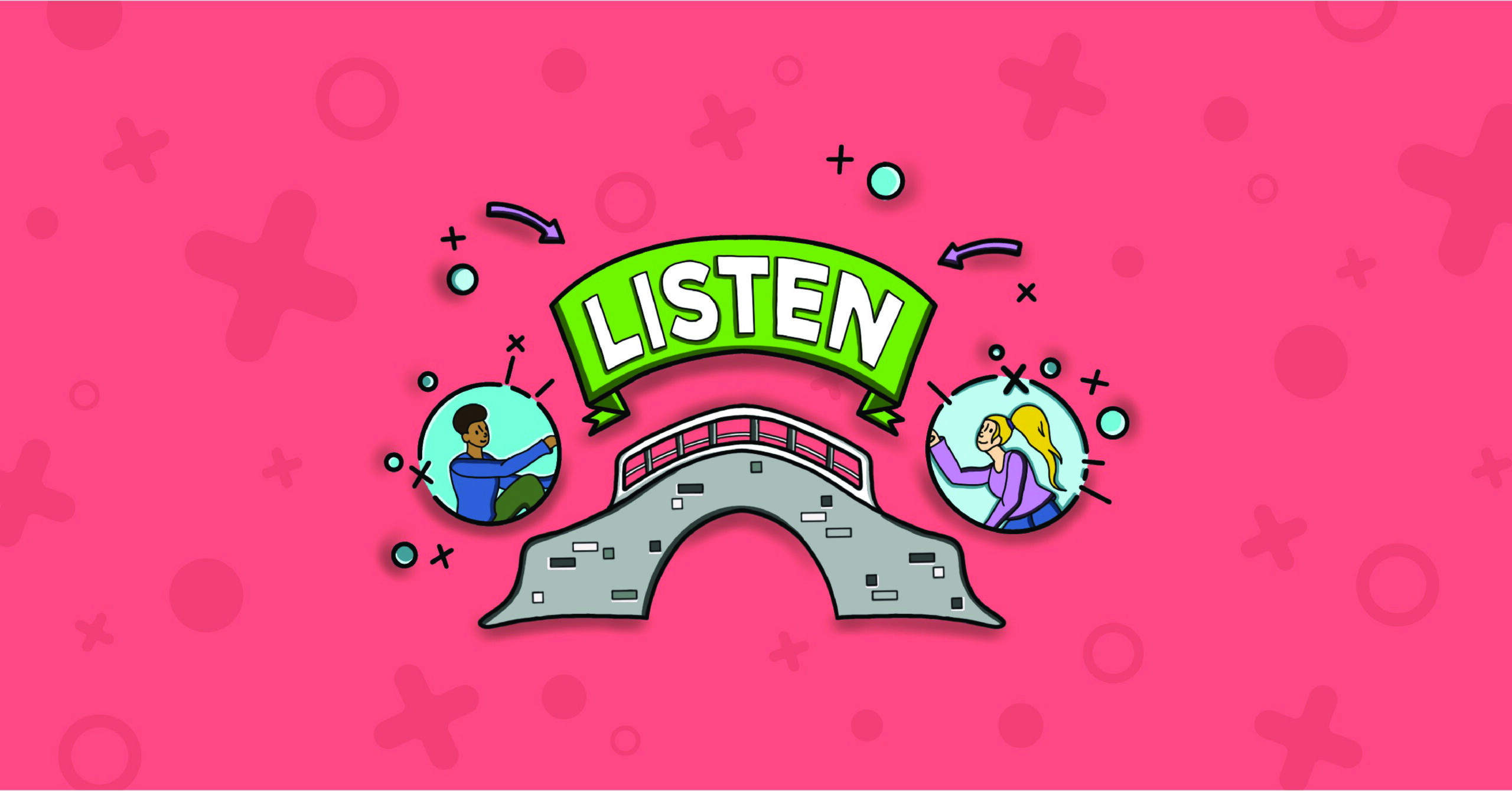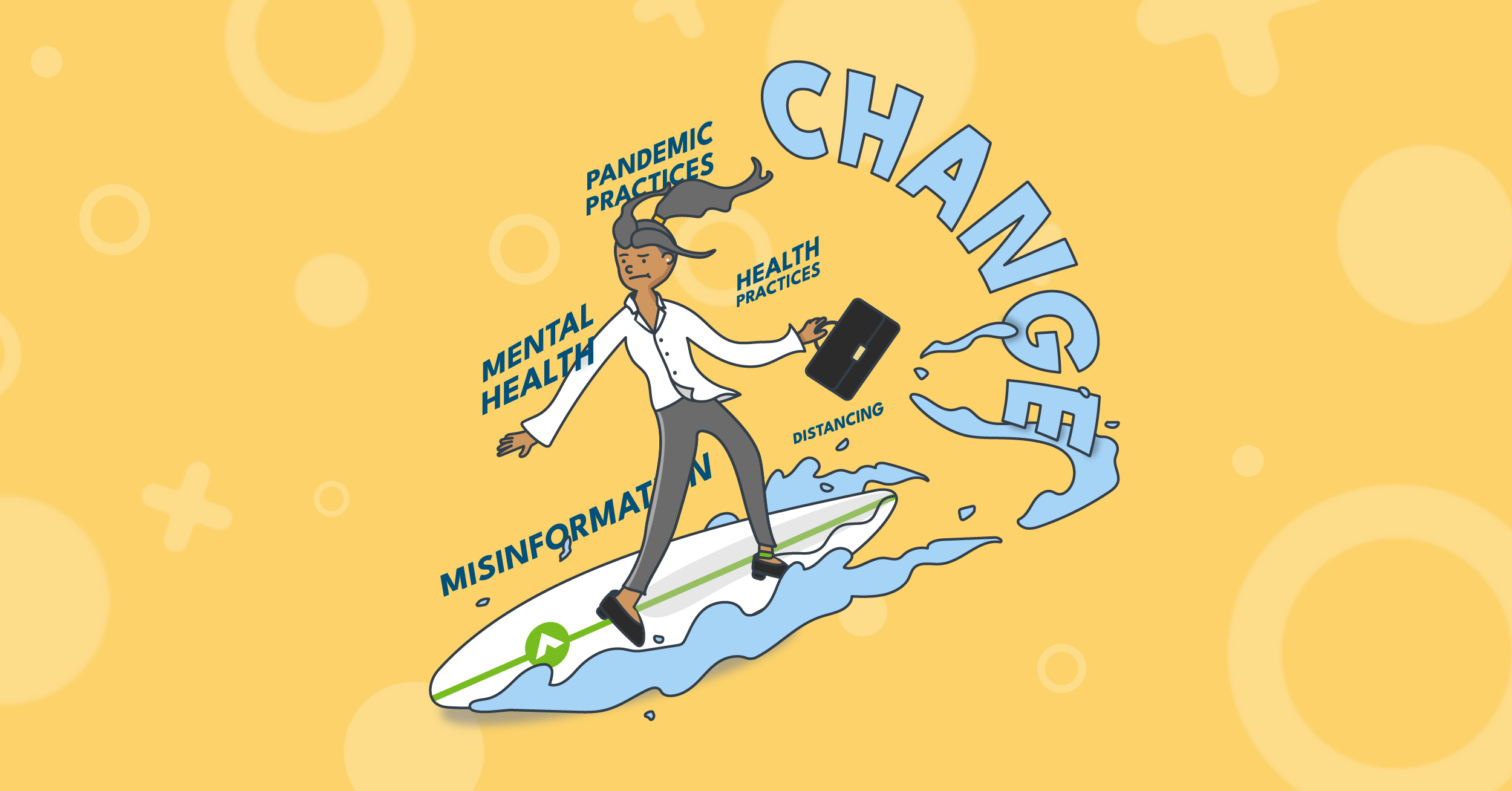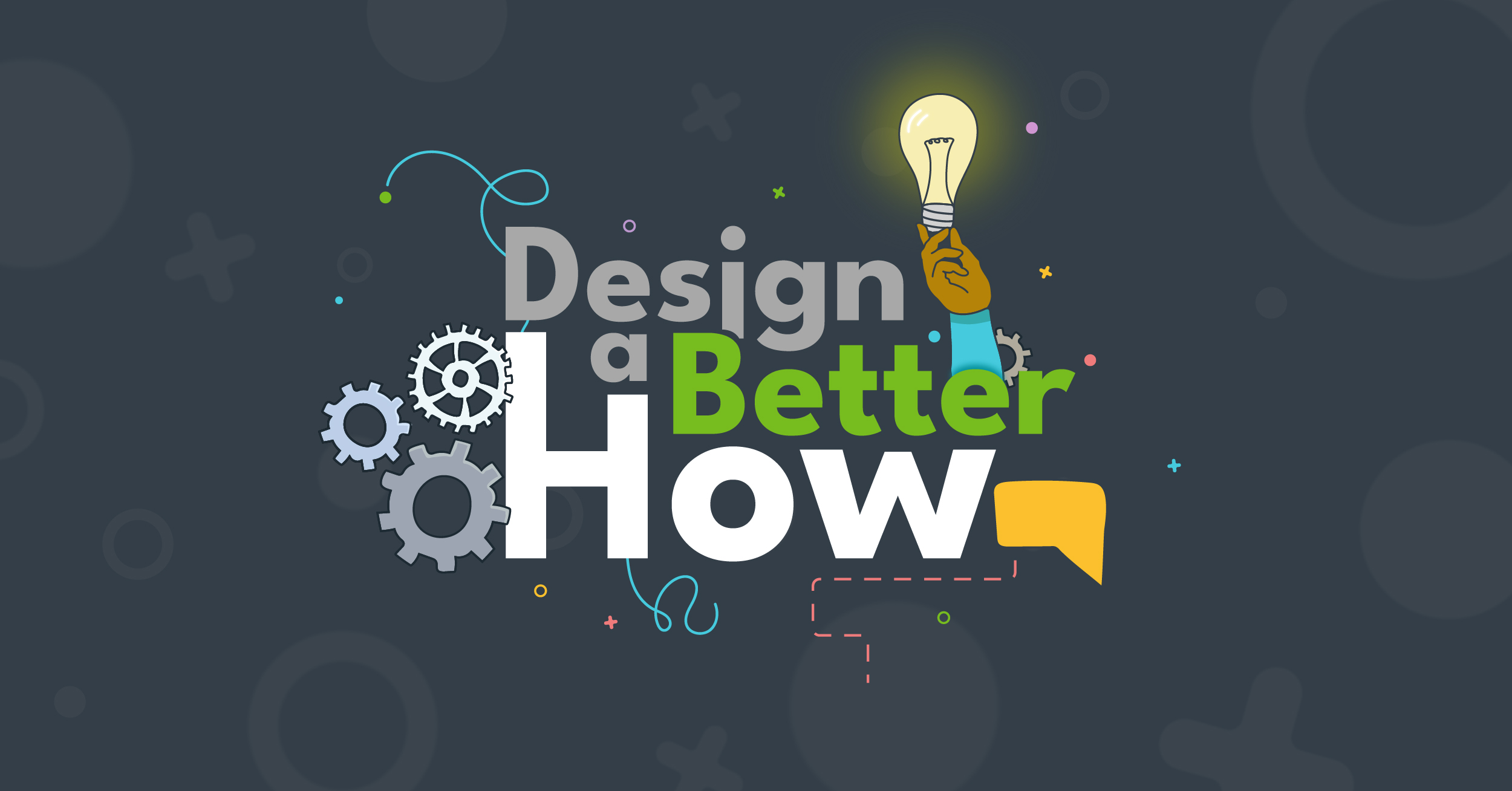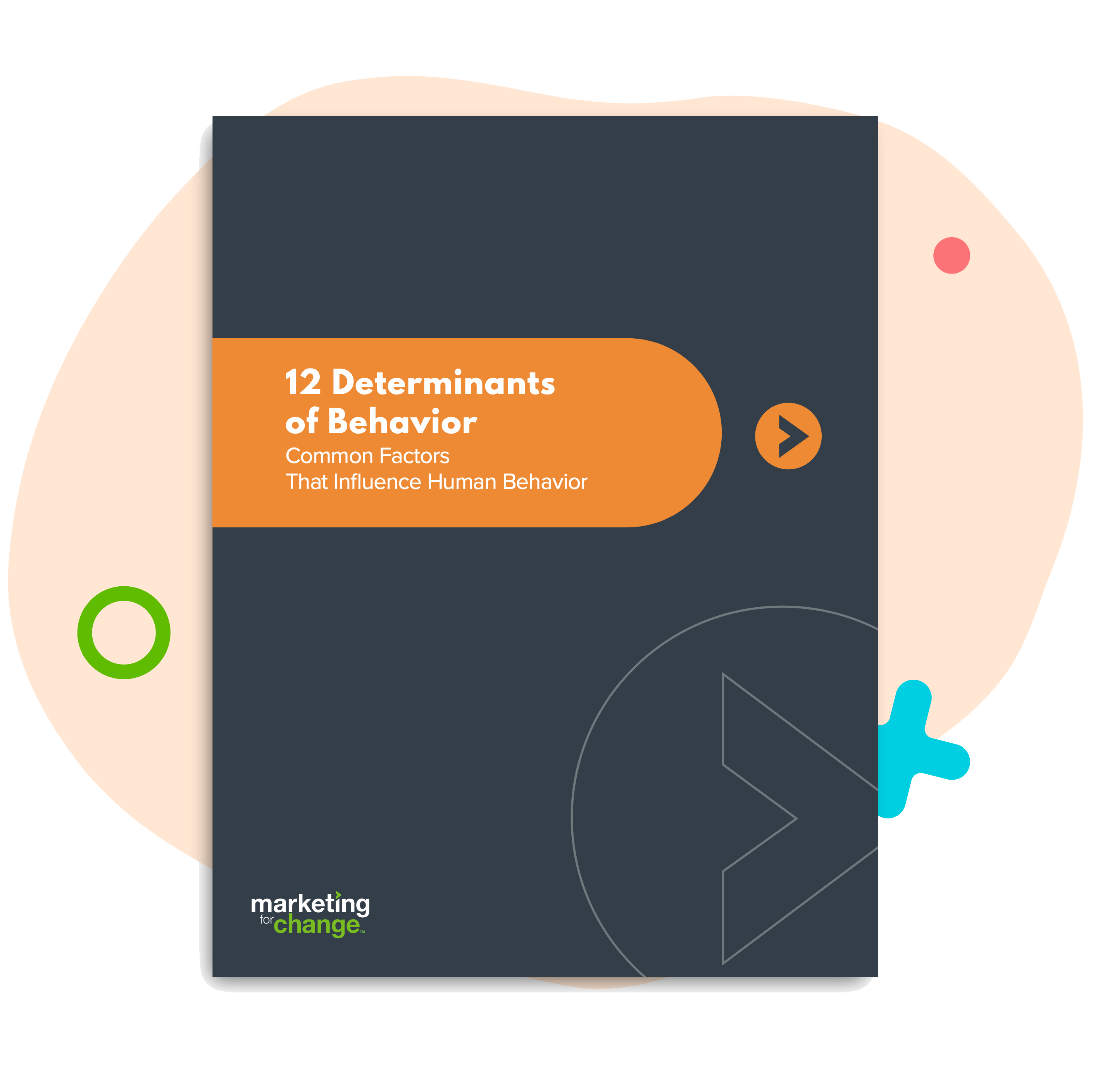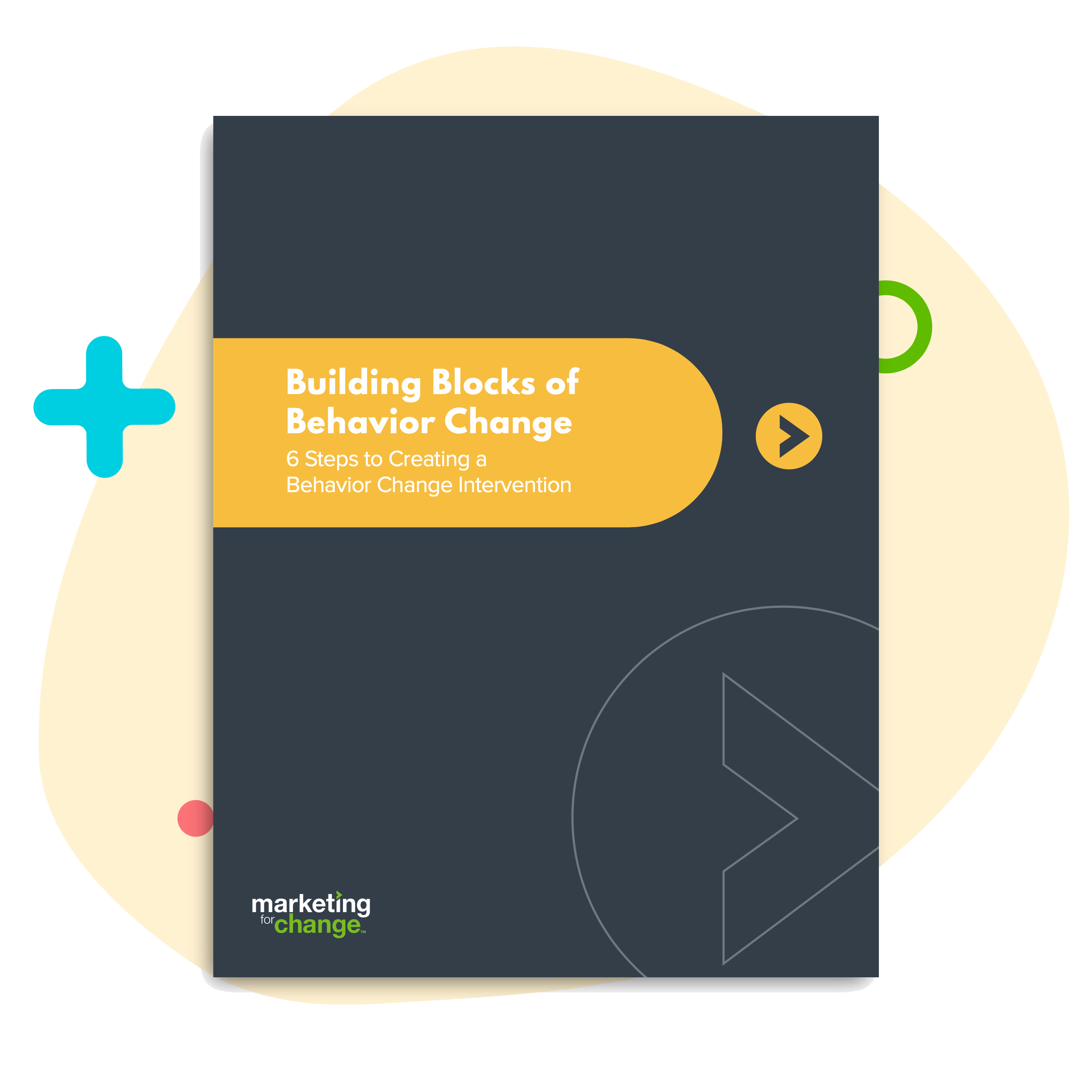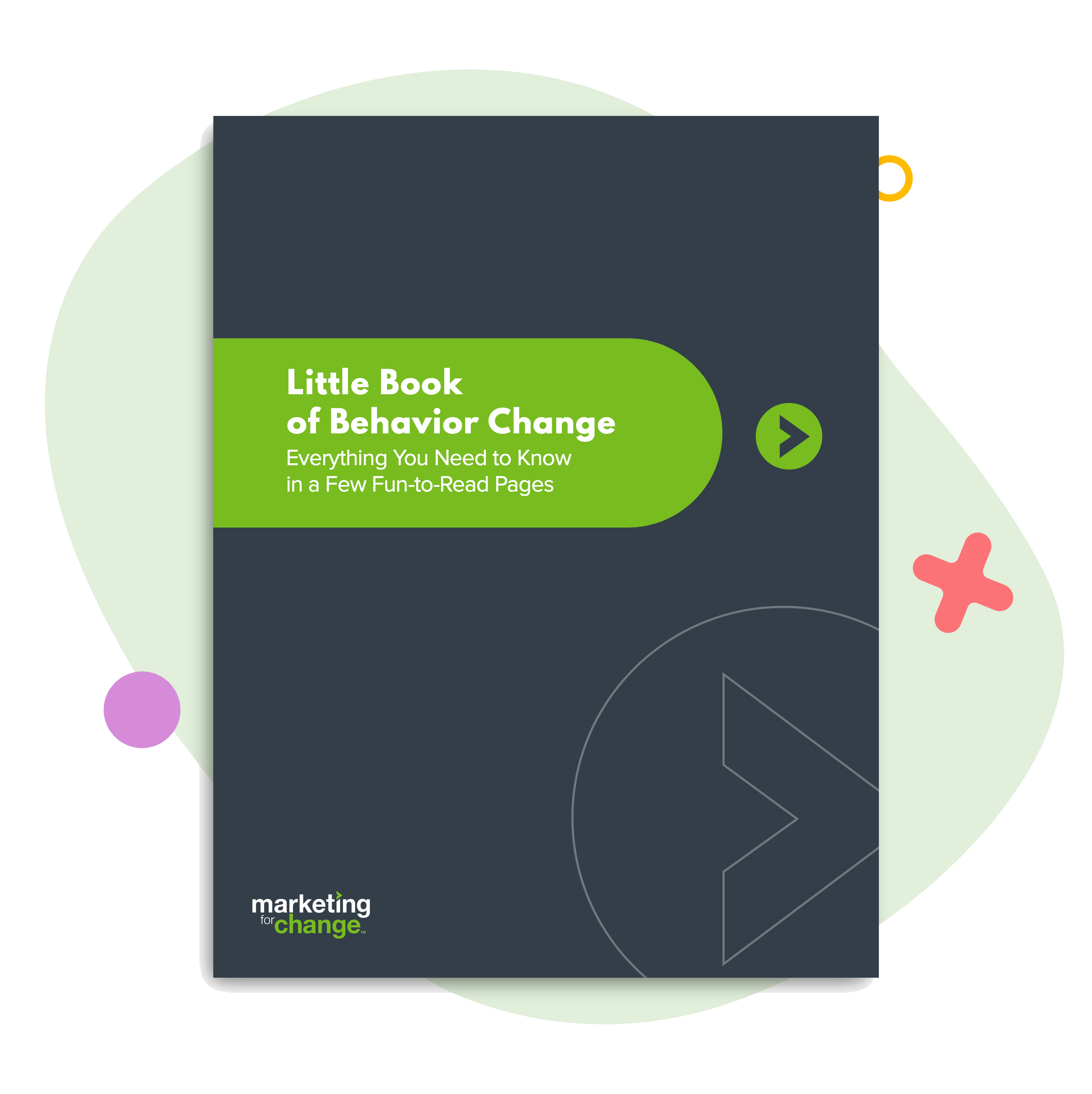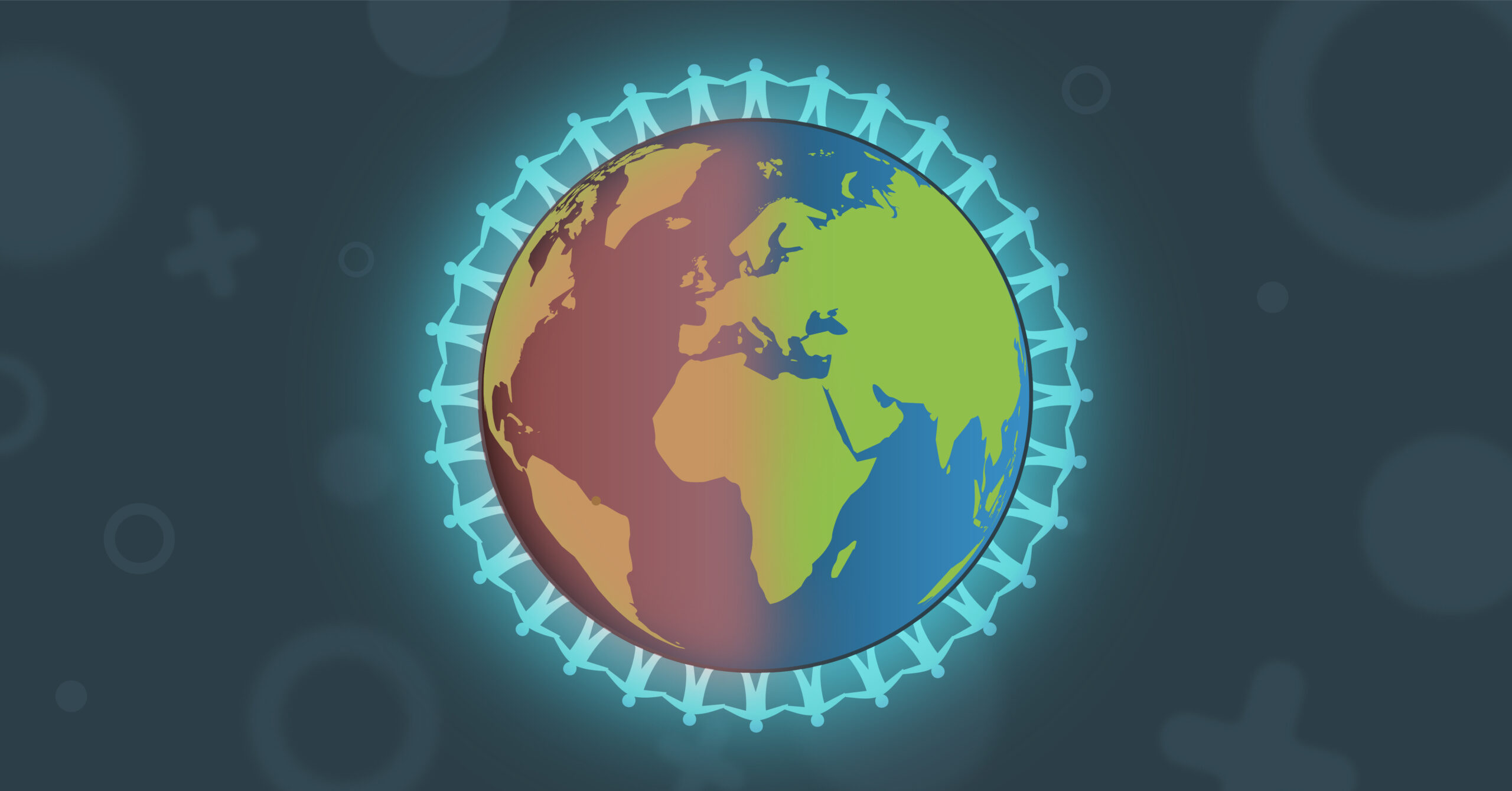
Climate Fatalism Is a Problem. Here’s What You Can Do to Help.
At the Change 2023 social marketing conference last month in Brisbane, Australia, a worrisome topic popped up: How can we combat climate fatalism?
The outlook, admittedly, looks dismal.
The Doomsday Clock is set to 90 seconds to midnight. The weather weirding scientists predicted decades ago is our new, never-normal normal. Our personal and collective futures seem unpredictable, overwhelming, and quite possibly apocalyptic.
Plus there are wars and inflation and endless misery on the nightly news.
So we are doing what humans tend to do: some of us are sticking our heads in the sand. And many of the rest of us are throwing up our hands and saying, “I give up.” The number of people who say helping the environment is important to them has dropped around the world over the past three years.
Meanwhile, apocalypse fatigue –– “the exhaustion of having to make endless moral choices when they don’t seem to make a difference” — is growing.
What’s a changemaker to do?
Three ways you can combat climate fatalism
A core tenet of behavior change marketing is exchange theory: to get people to change their behavior, we have to give them something in return that is more valuable.
What are we currently offering people in exchange for taking climate action? A bewildering array of guilt-inducing, lose-lose, probably greenwashed individual choices. A sense that everything is too little, too late. Yet another news story showing we are beyond a tipping point — well, at least at some indeterminate point during the next few centuries.
So let’s take a page from the Behavioral Determinants Framework and find something more inspiring to offer. Here’s how to make climate action fun, easy and popular.
Making climate action Fun
A highly regarded business consultant once told my agency that the issues we work on are too serious to be “fun.” And I was like, “watch me.”
Our Behavioral Determinants Framework defines fun as something that is immediately rewarding. Talking with your 9-year-old child about sexting is not “fun,” but the openness and trust you establish in your relationship can be quite gratifying (and we can help you start that conversation). Calling a 988 emotional support helpline may not be fun, but the immediate relief experienced by most callers certainly feels good.
We can make climate action fun by flipping the doom-and-gloom script and scrapping the moral guilt about individual choices. Check out Climate of Possibility for ideas on how to do this.
But the best way to make climate action fun can be by inviting our friends, work colleagues, and neighbors to join a collective effort that offers a sense of purpose and belonging (see “Popular” below).
Making climate action Easy
It’s no surprise that the individual carbon footprint calculator (which I am deliberately not linking to here) was developed by fossil fuel giant BP.
BP took a page from Keep America Beautiful, the anti-litter campaign started by packaged food companies. The goal was to shift responsibility for dealing with the explosion of disposable packaging from corporations to consumers. The carbon calculator does the same thing for climate.
Recently, a friend of mine was stressing about using plastic kitchen garbage bags. I personally have tried going without (too messy) or using paper bags (ditto). I’ve also tried biodegradable bags (don’t leave them under the sink too long).
But here’s what I told my friend: Don’t worry about it. You’ve got enough stress in your life. Pick one or two of the top dozen things you can do to take climate action. I chose eating more vegetables and reducing food waste – a win-win because I like vegetables and I like leftovers.
Then use the energy you saved from not feeling stressed and guilty to push people in power to make green actions easier.
Nudge Lebanon, a nonprofit behavioral insights team based in Beirut, recently implemented a campaign to eliminate unwanted plastic cutlery from a restaurant’s food delivery.
First the restaurant added an intake item where customers could click a box (or say “yes” to a voice prompt) to decline plastic cutlery. When that worked with no pushback, they switched so people had to request cutlery instead.
The result? An 80% reduction in the demand for cutlery – and no complaints. Because most of the time we don’t need those little plastic-wrapped sets and end up guiltily tossing them in the trash.
Making climate action Popular
What we do individually certainly can make a difference. But it’s what we do collectively that really counts.
Not everyone is cut out to attend city council meetings or write congressional representatives. But nearly everyone likes hanging out with other people and doing something fun.
The nonprofit IDEAS For Us gets this. Hatched in a University of Central Florida dorm room 15 years ago, IDEAS is now a global solutions-based environmental nonprofit. IDEAS is welcoming to all, and doesn’t expect you to drive up in an EV with a head full of knowledge about photovoltaics or microgrids.
People can show up to an IDEAS Hive meeting and collectively brainstorm a solution to a community environmental problem. Then staff and volunteers work together to do something about it. This has resulted in replicable programs like turning residential lawns into vegetable gardens in Orlando or installing solar powered pumps to deliver clean water to residents in Rwanda.
Importantly, the IDEAS vibe is full of positivity and optimism. You leave an IDEAS event feeling good about the world and the part you are playing in it. It makes you want to show up and do it again.
If you or people you love are feeling climate anxiety or fatalism, the best antidote is taking action with others. Find a place where you can help plant a garden, clean up a lake or get out the vote for climate-aware political leaders. Or pull together some work colleagues or your family to brainstorm a climate action you can take in your office or at home.
And if you’re a changemaker, find ways to bring people together to roll up their sleeves. Collective action is not just good for the environment. It’s good for our souls.

Sara Isaac is Chief Strategist at Marketing for Change.


